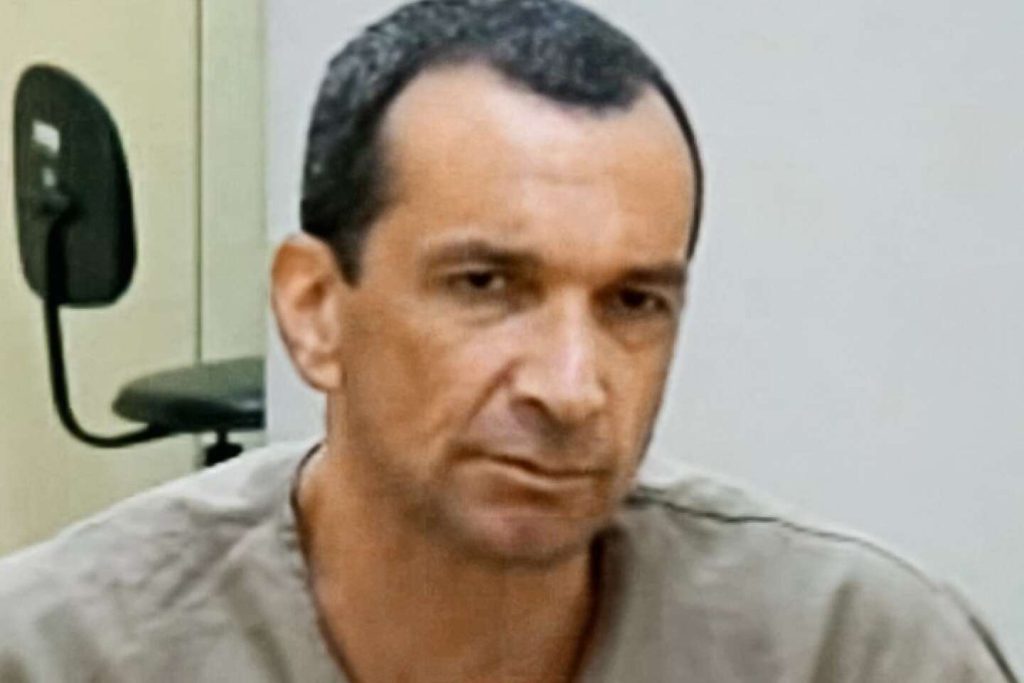The headlines in Brazil suggest that the country may be in a state of “war”, with reports of a historical and unprecedented conflict between the leaders of the country’s largest criminal organization, Primeiro Comando da Capital (PCC). A mutiny allegedly orchestrated by three supposed leaders of the drug trafficking group, Roberto Soriano, Abel Pacheco de Andrade, and Wanderson Nilton de Paula Lima, known as “Tiriça”, “Vida Loka”, and “Andinho”, respectively, has led to open opposition to the historic leader of the PCC, Marco Willians Herbas Camacho, also known as “Marcola”.
The roots of the conflict remain unclear, with police intercepting a message in February from the rebels announcing the expulsion of Marcola from the organization and condemning him to death. The trio accuses Marcola of betraying PCC members to the police and of calling one of them a “psychopath”. This discord has caused a rift within the multinational crime organization, with the PCC being dominant in the state of Sao Paulo and one of the most powerful factions of local drug trafficking, with operations across Brazil and in over sixteen countries worldwide, generating an annual revenue of around 900 million euros mainly from cocaine.
Marcola and the three rebels are all part of the PCC’s leadership, a governing body of eight to twelve members called “Sintonia Final” (Final Harmony). Despite being incarcerated in federal prisons, they continue to control their criminal organization with relative ease. Marcola alone is serving a sentence totaling 342 years in prison. Aged 56, he has been the face of the PCC for twenty-five years, considered one of the most powerful men in Brazil, and shows no signs of giving up his position. Police reports indicate that Marcola has issued a counter-order to banish the three rebels from the group and order their execution.
The conflict within the PCC highlights the ruthless nature of the organization, which operates under strict codes of conduct and discipline. Marcola’s leadership and control over the PCC have made him a prominent figure in the world of crime, with the organization’s reach extending globally. The ongoing power struggle between Marcola and the rebellious faction led by Tiriça, Vida Loka, and Andinho has had significant implications for the criminal landscape in Brazil, raising concerns about escalating violence and instability. The future of the PCC and the implications of this internal dispute remain uncertain as the conflict continues to unfold.
The situation in Brazil has attracted widespread attention, with media coverage painting a grim picture of the internal strife within the PCC and the potential consequences for the country’s security. The power struggle between Marcola and the rebellious faction threatens to further destabilize an already volatile criminal landscape in Brazil, with implications for public safety and law enforcement efforts. The willingness of both sides to resort to extreme measures, including expulsion and execution, underscores the high stakes involved in this internal conflict within one of the most powerful criminal organizations in South America. As the situation continues to evolve, the implications of the power struggle within the PCC are likely to have far-reaching consequences for Brazil’s criminal underworld and law enforcement agencies.


